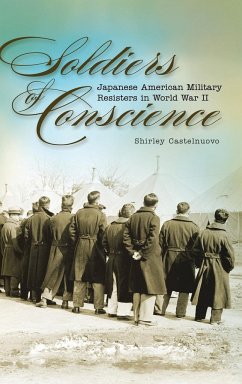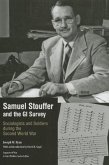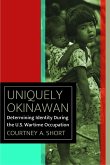Japan's attack on Pearl Harbor unleashed rampant racism and distrust towards all things alien, and it raised perplexing questions of national identity that still reverberate. Persons of Japanese ancestry were the victims of racist acts and governmental loyalty investigations, and, finally, of exclusion and imprisonment. The majority of Japanese Americans complied with government actions, including the drafting of Japanese Americans into military service, often viewing such service as an opportunity to display their allegiance to the United States. However, some 200 Japanese Americans drafted into the Army refused to serve in combat while their families languished in internment camps. Here, for the first time, the resisters' story is told in vivid detail, following many of them into the post-war years and assessing the ramifications of their actions on their lives. The history of Japanese Americans in World War II does not record the stories of these resisters. It does not mention the War Department Special Organization to which many of them were transferred or the individuals who were tried and sentenced by military courts to long prison terms. The 200 conscientious military resisters felt betrayed by the government and viewed the decision to imprison Japanese Americans as an immoral acquiescence to West Coast racism. Castelnuovo does not abandon the narrative with the end of World War II. Instead, she follows many of the resisters into the post-war years, assessing the ramifications of their actions on their lives as individuals and within the broader context of the Japanese American community. Happily, most of the resisters were eventually re-embraced by their community, but, until now, they have been forgotten by students of World War II. That is an oversight Soldiers of Conscience will certainly remedy.








